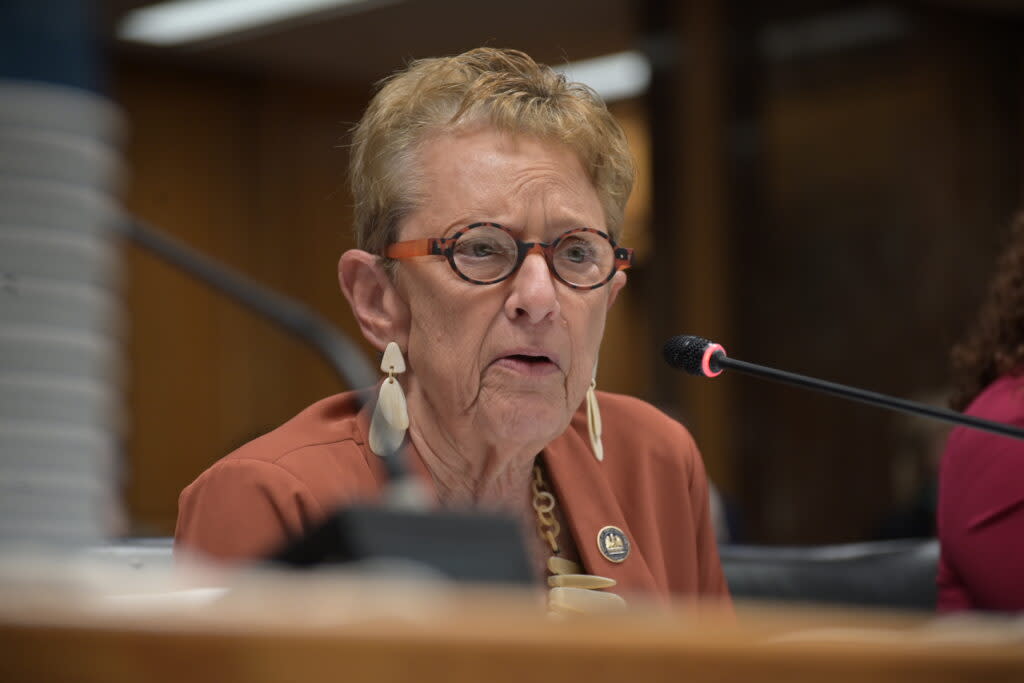Retirement flexibility in store for Louisiana higher ed faculty, staff

The Louisiana Senate gave final legislative approval to a bill that would provide more lucrative retirement savings options to thousands of state college and university employees. (Allison Allsop/Louisiana Illuminator)
The Louisiana Senate gave final legislative approval to a bill that would provide more lucrative retirement savings options to thousands of state college and university employees.
House Bill 31 by Rep. Barbara Freiberg, R-Baton Rouge, was unanimously approved Monday by the Senate. It would allow participants in the optional plan of the Teachers Retirement System of Louisiana (TRSL) hired before July 31, 2020, to switch to a defined benefit plan.
The bill now only needs the governor’s approval to take effect.
More than 6,000 public college and university faculty and staff members have enrolled in the state’s “portable” or optional retirement plan, which allows them to take their accrued benefits with them if they choose to leave Louisiana for another job. In exchange for that portability, employees lose out on more lucrative benefits available through a fixed, pension-style retirement plan offered to most state employees.
But as professors earn tenure and key personnel stay in place longer, the inability to switch over to the fixed benefit plan with a higher payout makes Louisiana less attractive for employees who want to finish their careers here. Employer retirement contributions are significantly lower in Louisiana than other southeastern states, as is faculty pay.
The vast majority of optional or defined benefit plan members do not receive Social Security benefits.
The Louisiana State Employees’ Retirement System (LASERS), unlike the plan available to state college faculty and staff, allows its participants to switch from a portable retirement plan to a fixed pension under certain circumstances.
GET THE MORNING HEADLINES DELIVERED TO YOUR INBOX
Freiberg billed her measure as a way to prevent “brain-drain” and keep valuable employees in place in Louisiana, rather than chasing better retirement plans in other states, which also tend to have higher faculty and staff compensation.
Under Freiberg’s bill, a university employee who switches to the defined benefit plan would start at year zero for the purposes of retirement. That means their benefit calculations would be based on their switchover date, not when their employment began, although they would retain contributions to their optional retirement plans.
Over the past two decades, lawmakers have rejected similar proposals on eight separate occasions. Six times the bill never made it out of committee. The one time it did, it never got called for a floor vote after a lobbyist for the teacher’s retirement system pressured lawmakers to table it, said the author, former Rep. Warren Triche of Chackbay.
The bill comes as a major victory to higher education faculty and staff.
“This gives us the opportunity to make an informed decision to switch plans after learning which best fits our needs. This is a boon to higher education employees and to the state retirement plan participation,” University of Louisiana at Lafayette Faculty Senate President Phil Auter said in a statement.
The post Retirement flexibility in store for Louisiana higher ed faculty, staff appeared first on Louisiana Illuminator.

